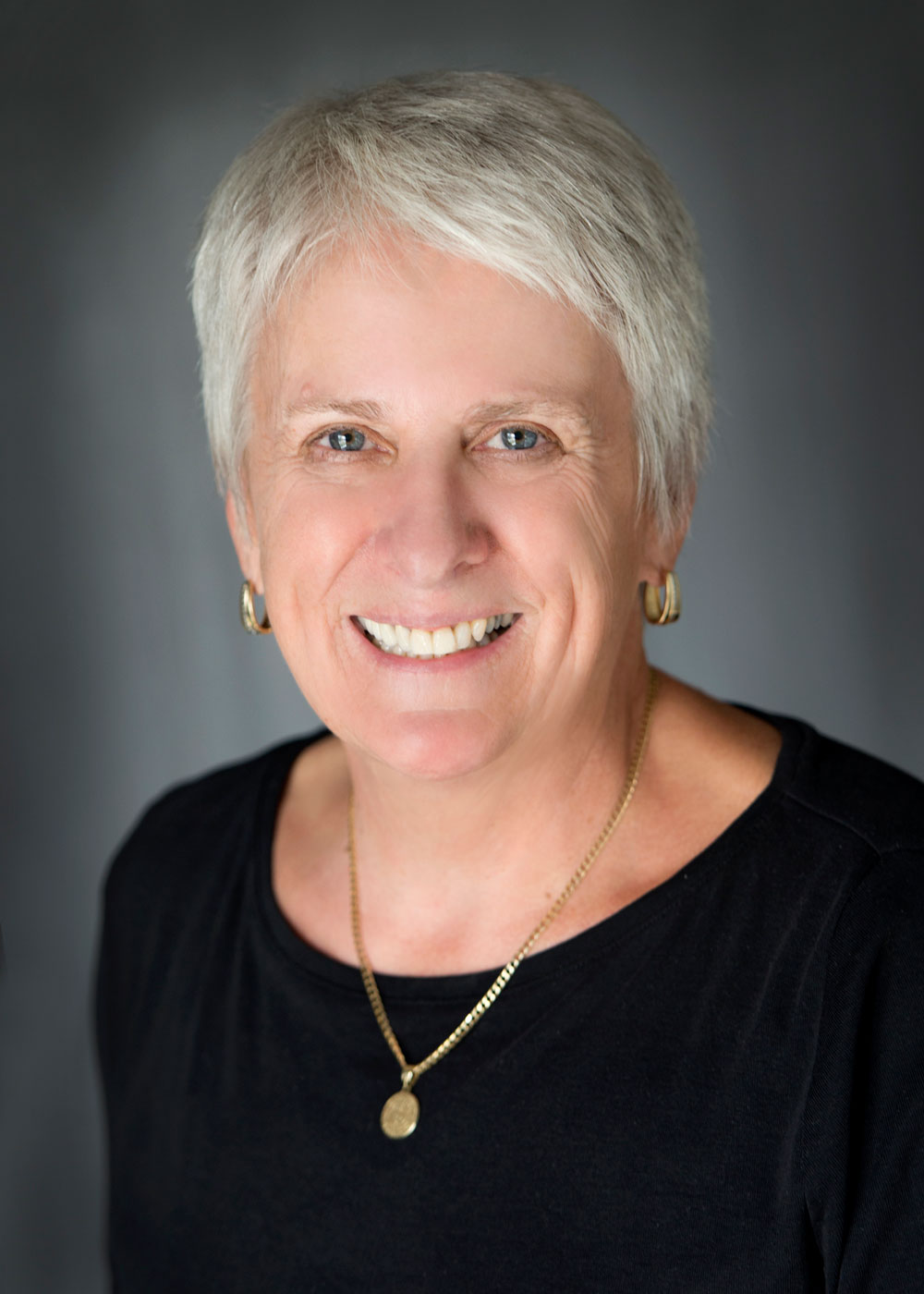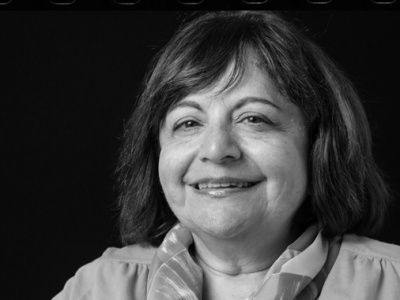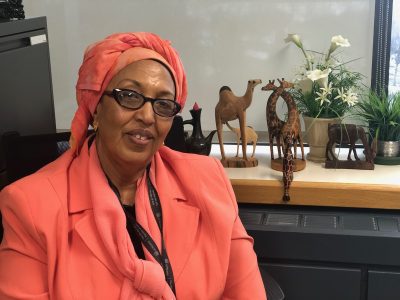This profile was part of the Faculty of Public Affairs’ 75 for the 75th series, which highlighted 75 notable alumni in FPA in honour of Carleton University’s 75th anniversary. These stories were published in 2016 and 2017.
Canada Research Chair in Political Economy and Social Governance, University of Alberta
PhD, Political Science (‘81)

Janine Brodie was raised in a small town in Ontario, where the highly partisan debates in federal politics were being thrashed out on a local level.
“I was immersed in partisan politics during the Diefenbaker/Pearson years,” she recalls. “I loved politics, but when I got to the University of Windsor, my intro textbook focused on systems theory and I was so disappointed. That’s not what I was interested in.” But after completing more political science courses, she was hooked.
From there, she decided to go to law school because, as she saw it, “one has to feed oneself.” Then she had a fortuitous meeting with one of her old political science professors.
“He saw me in the quad and said, ‘You don’t want to be a lawyer. Come and do a master’s degree. I’ll get you some funding,’” says Dr. Brodie. “It was something I never would have predicted, but it came at a critical juncture. I didn’t have the same enthusiasm for law school as I did for political science.”
As a graduate student, Dr. Brodie delved deeper into the discipline and began to realize that the story of political science left many participants out—in particular, the women in politics.
“There were all of these women activists, but they weren’t in the textbooks,” she recalls. “Both my MA and PhD theses focused on women in political parties and women candidates in Canada. When I took my PhD thesis to a publisher, they weren’t interested—until Geraldine Ferraro ran for Vice-President of the United States. It eventually became the first book on women in politics in Canada.”
It also set the tone for an academic career that has challenged traditional political science knowledge with research on gender, equality, social justice and more.
“Its was a bumpy ride at times because the topics I wanted to explore weren’t initially considered part of the menu. We had to fight to get gender included as a legitimate political question,” recalls Dr. Brodie, who was the inaugural director of the York Centre for Feminist Research at York University. “It has made political science a richer discipline.”
Her research has been recognized with a Canada Research Chair, a Trudeau Fellowship and the Royal Society of Canada’s Innis-Gerin Medal in the social sciences. She credits her experience as a PhD student at Carleton for preparing her for a career as a leading scholar in the political science field.
“There were very few women professors in political science then, but at Carleton, there were five women faculty members,” she says. “I benefited greatly from their mentorship and research collaboration; it enabled my career to take off and I have tried to pay that debt forward during my career.”
While a career as an academic was initially “the furthest thing” from Dr. Brodie’s mind, she continues to enjoy her work as a researcher and Distinguished University Professor at the University of Alberta.
“The joy of having this career is that playing with ideas and being engaged with new ideas is a job requirement. That’s a real privilege,” says Dr. Brodie.
Another advantage, she finds, is getting to know students. She says the millennials are among her favourites. “I’m so enthusiastic about the millennials,” says Dr. Brodie. “The current generation is delightful and engaged and committed to a set of values that makes me optimistic about the future.”
Tuesday, November 8, 2016 in #FPA75, Career Paths, Department of Political Science
Share: Twitter, Facebook



